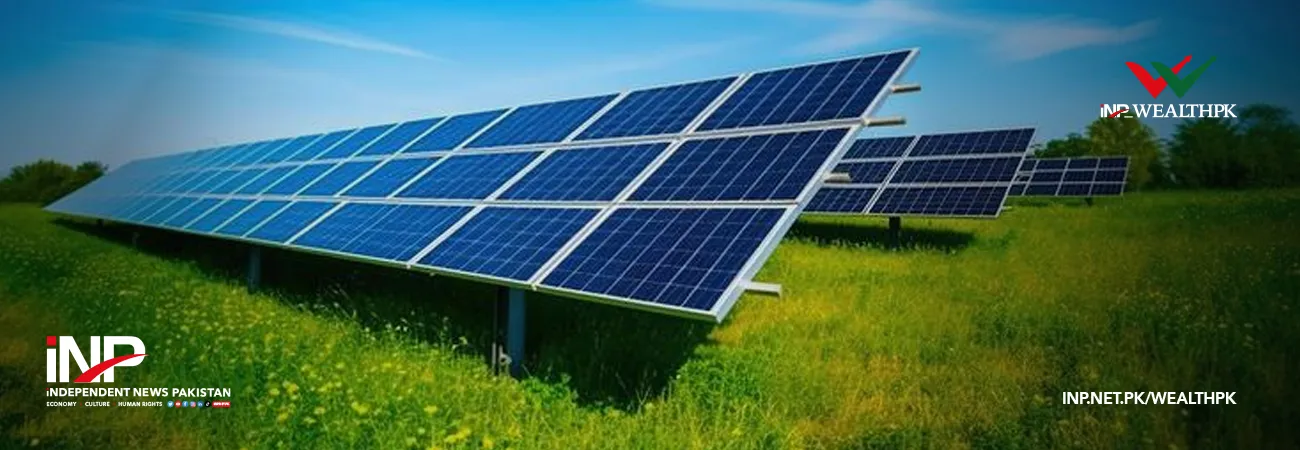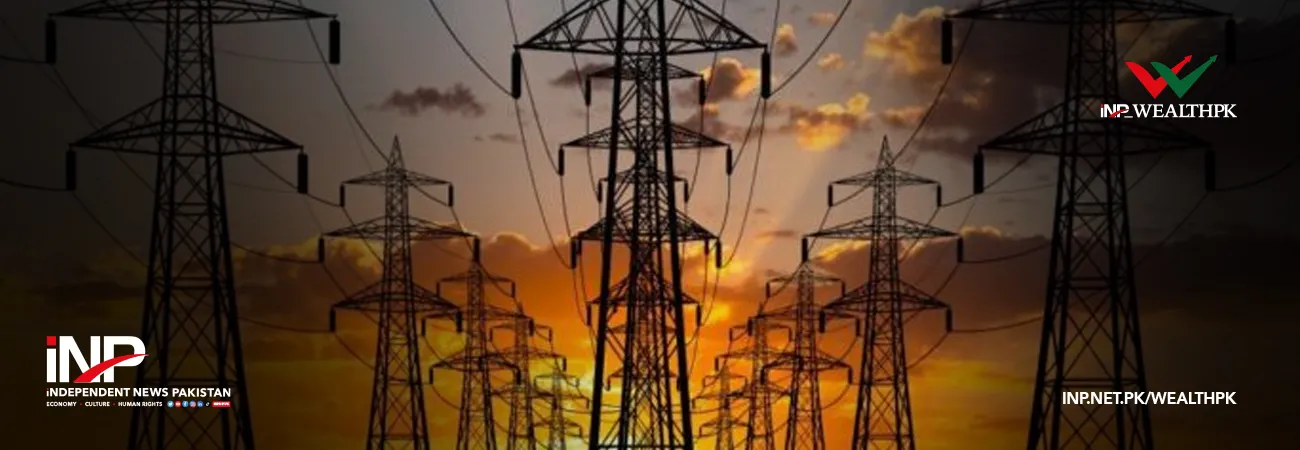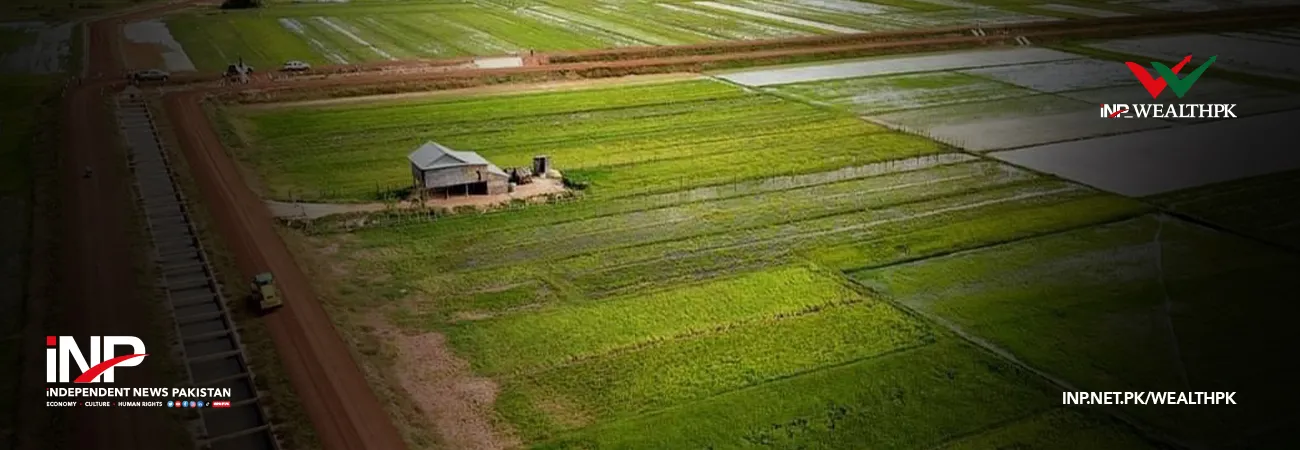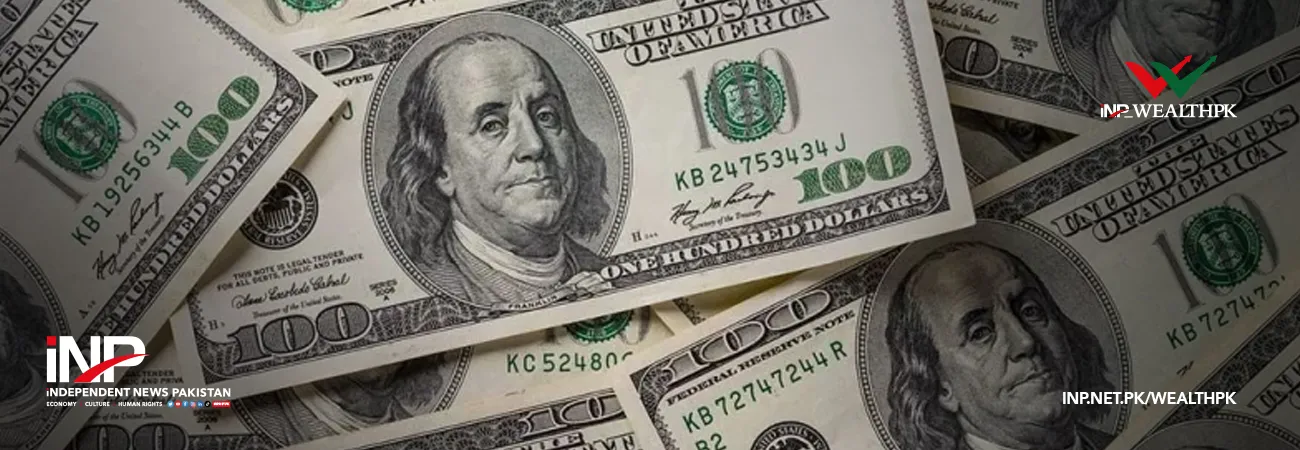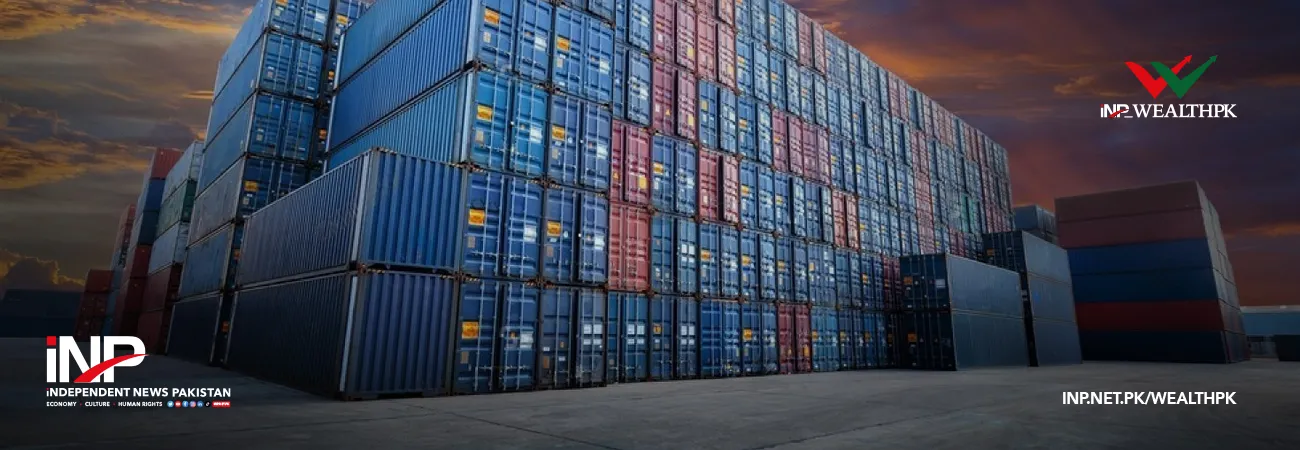INP-WealthPk
Amir Saeed
Inclusive renewable energy development in Pakistan is crucial for driving sector growth, enhancing energy security, and fostering sustainable development by empowering marginalised communities and addressing their specific energy needs.
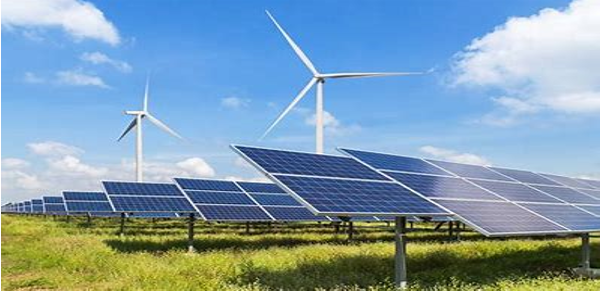
Talking to WealthPK, Farhan Wahid, a green finance researcher at Quaid-i-Azam University, Islamabad, highlighted that the country’s energy sector stands at a critical juncture. “Faced with a rapidly growing population and increasing industrial demands, the government grapples with the persistent challenge of ensuring energy security while mitigating its heavy reliance on imported fossil fuels.”
He further highlighted that this dependence not only strains the national economy but also exacerbates environmental concerns, contributing to climate change and air pollution. “Renewable energy sources, such as solar, wind, and hydro, present a viable pathway towards a more sustainable and secure energy future for the country,” he underscored.
“However, the successful integration and expansion of renewable energy are not solely dependent on technological advancements or large-scale investments. A crucial, often overlooked, aspect is the inclusive participation of marginalised communities in the renewable energy transition,” he emphasised. Wahid lamented that marginalised communities, encompassing women, low-income households in urban peripheries, and rural populations, are disproportionately affected by energy poverty.
“They often lack access to reliable electricity, hindering their socioeconomic development and perpetuating cycles of disadvantage.” Talking to WealthPK, Aatizaz Hussain, a development economic researcher at National Defence University (NDU) Islamabad, said that by strategically involving the marginalised communities in the renewable energy sector, the country can unlock a multitude of benefits that extend far beyond simply increasing energy generation capacity. “Inclusion can foster innovation and create solutions that are better suited to the unique needs of local communities.”
He pointed out that marginalised communities possess invaluable knowledge of their energy needs and constraints, which can guide the design and implementation of effective renewable energy projects. “Additionally, empowering these communities through training and job creation in the renewable energy sector can stimulate local economies and reduce poverty.” “For instance, women can be trained to install and maintain solar panels, creating new income opportunities and fostering their economic independence.
Similarly, community-based renewable energy projects, such as micro-grids, can provide reliable electricity to remote areas, promoting education, healthcare and entrepreneurship,” Hussain noted. Furthermore, he said that inclusive renewable energy development enhances energy security by diversifying the energy mix and reducing dependence on volatile global fossil fuel markets.
“This diversification would strengthen the country’s resilience to external shocks and price fluctuations. Moreover, promoting energy efficiency within marginalised communities can significantly reduce energy consumption and lower household energy bills, freeing up resources for other essential needs.”
Credit: INP-WealthPk



